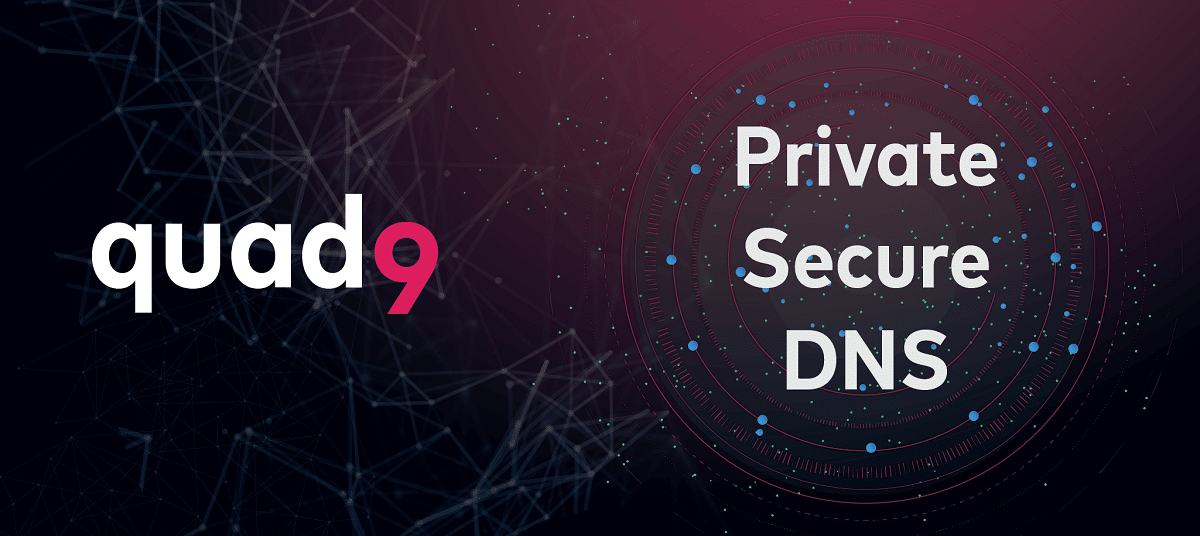
Quad9 unveiled recently the news of that a court ruling on an appeal has been issued filed in response to a court order to block hacked sites at the level of Quad9's public DNS resolvers.
The court refused to admit the appeal and did not accept the request for suspension of the precautionary measure issued previously andn the case presented by Sony Music. Quad9 representatives said they will not stop and try to appeal the decision in a higher court, as well as file an appeal in defense of the interests of other users and organizations that may be affected by such blocks.
The problem goes back to Sony Music has made the decision in Germany to block domain names found to distribute musical content that infringes copyrights. The lock was prescribed to be implemented on the servers of the Quad9 DNS service, serving, among other things, the public DNS resolver "9.9.9.9" and the services "DNS over HTTPS" ("dns.quad9.net/dns-query / «) And» DNS over TLS «(» dns.quad9.net «).
The blocking order was issued despite the lack of direct communication between the non-profit organization Quad9 and the blocked sites and systems that distribute such content, solely on the basis of resolving the names of the hacked sites through DNS. contributes to Sony copyright infringement.
The Hamburg Regional Court ruled today that they will not suspend an existing court order against Quad9 in a case brought by Sony Music Germany. The case centers on Sony Music's demand that Quad9's servers located in Germany stop resolving DNS names of third-party sites that are alleged to have URLs containing copyright infringement.
Quad9 filed an objection earlier this year and as a result of this ruling, Quad9 intends to continue opposition to the injunction in a higher court and will file an appeal in an extension.
Quad9 considers the lock request to be illegal, since domain names and information processed by Quad9 are not subject to copyright infringement by Sony Music, no copyright infringing data on Quad9's servers, Quad9 is not directly responsible for the piracy activities of other people and their businesses - relationships with distributors of pirated content. In Quad9's opinion, corporations should not be allowed the ability to force network infrastructure operators to censor sites.
Sony Music's position is that Quad9 already provides domain blocking who distribute malware and are caught phishing on their product. Quad9 promotes blocking problem sites as one of the attributes of the service, therefore you should also block hacked sites as one of the types of content that violates the law. If the blocking requirement of the Quad9 organization is not met, a fine of 250 thousand euros will be imposed.
Even though copyright holders have long practiced blocking links to unlicensed content in search engines, Quad9 representatives consider shifting blocking to the side of third-party DNS services a dangerous precedent which can have far-reaching consequences (the next step could be the requirement to integrate hacked site blocking into browsers, operating systems, antivirus software, firewalls, and any other third-party systems that may affect access to information).
For copyright holders, the interest in forcing DNS servers to implement blocking is due to the fact that users use these services to bypass DNS filters for pirated content installed by providers belonging to the “Clearing Body for Copyright on the Internet ».
Finally, if you are interested in knowing more about it, you can consult the details in the following link.